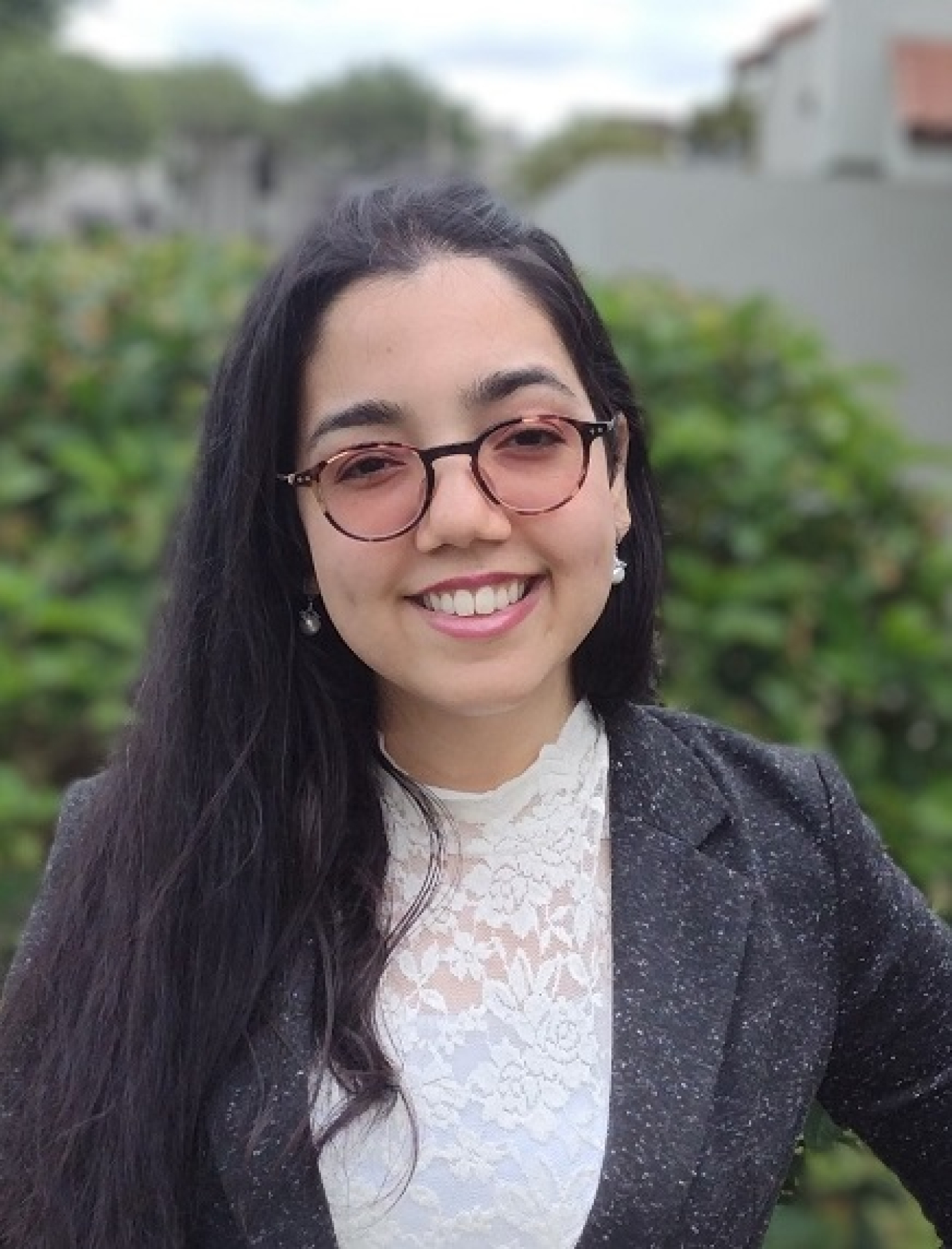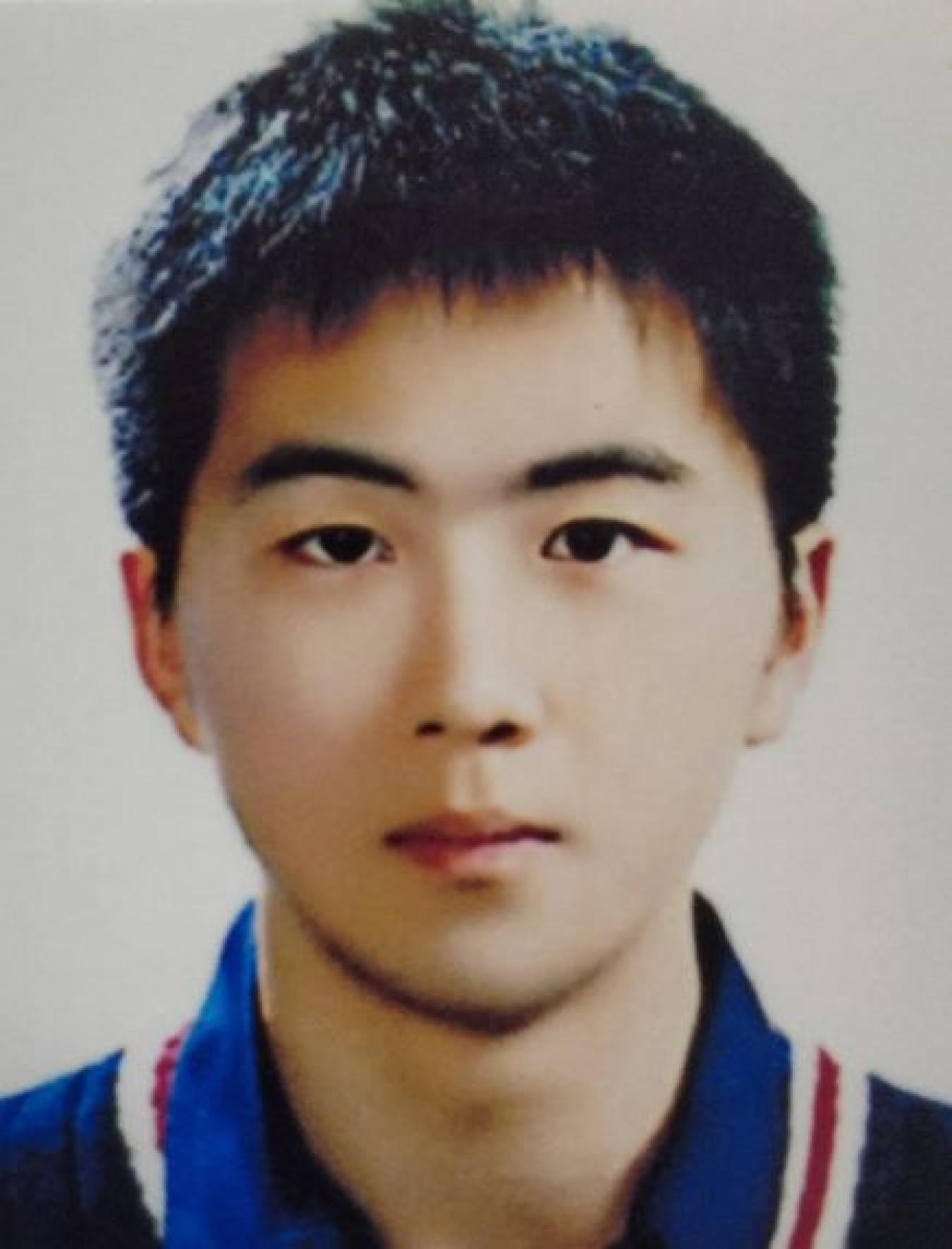The Historically Black Colleges and Universities and Other Minority Institutions (HBCU-OMI) Program—sponsored by the Office of Fossil Energy and Carbon Management (FECM) and administered by the National Energy Technology Laboratory (NETL)—invests in developing a U.S. workforce that is diverse and highly skilled in science, technology, engineering and math (STEM) through training and education grants.
In alignment with President Biden’s Justice40 (J40) Initiative, the program annually conducts a national competitive solicitation for projects related to clean energy, energy efficiency and workforce development. These projects place students of various educational backgrounds in the position to gain the fundamental experience needed to usher in the next generation of clean energy technology and become leaders within their respective communities. Since 2010, this program has awarded $14.25 million to support 160 student researchers, 48 research and development projects and 94 published technical papers.
The HBCU-OMI Program is transformative for student researchers who will shape the future of the clean energy sector. From February through June 2022, we highlighted a few of these amazing students who recently participated in this program. Keep reading below to find out what they have to say about their HBCU-OMI Program experiences, their research, and how they plan to grow in their STEM careers!

“The manipulation of boride could absolutely revolutionize the energy industry without a shadow of a doubt—needless to say, I am excited for future research.”
Tyrome Fowlkes, Jr.
Senior Undergraduate in Electrical and Computer Engineering
Morgan State University
Tyrome’s research on borides has applications in gas sensor detection and electrolysis. Borides are known to have excellent mechanical properties, but also are conductive and chemically stable under acidic conditions.

“The HBCU-OMI Program has helped me learn about future career opportunities in my field. Through my current research, I learned more about research science positions outside of the traditional academic environment, such as in National Labs and industry. I'm enthused about the many opportunities to work in a multidisciplinary research setting.”
Maria Presa-Reyes
Graduate Student (Ph.D.) in Computer Science
Florida International University
Maria’s research focuses on developing a general drag model to predict particle drag coefficients, which are important factors in modeling multiphase energy systems.

“My research contributes to a sustainable, low-carbon energy future. Since the erosion predictions enabled by my machine learning approaches are more cost-efficient than experimentation, they can lead to potential cost-savings in maintaining fossil fuel infrastructures.”
Steve Yang
Graduate Student in Materials Science & Engineering
University of California, Riverside
Steve’s research focuses on making accurate erosion predictions using machine learning and computational fluid dynamics approaches.

“Through the HBCU-OMI program, I created new avenues for a sustainable green energy generation and also helped protect our energy infrastructure from cyberattacks.”
Aruna Narayanan Nair
Graduate Student (Ph.D.) in Chemistry
The University of Texas at El Paso
Aruna’s research focuses on synthesizing high-quality graphene nanoribbons (GNRs) with minimal edge roughness and controlling their properties, as well as using GNRs for green production of hydrogen.
To learn more about the HBCU-OMI Program, visit NETL’s University Training and Research page, download our HBCU-OMI Program infographic, or read more about each of the students we highlighted:
